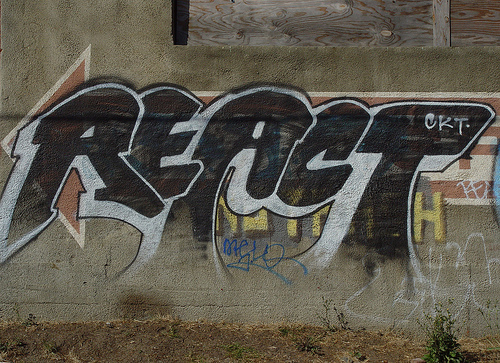Most of the time the ways people react to emotions follow a pattern.These patterns create habits. For example, when someone reacts to hurt or fear by becoming angry, the anger becomes habitual. The repeated actions form the custom. In order for real change to take place, the emotions behind a reaction have to be resolved.Change often starts with movement. Eventually the heart and mind, or the thinking, emotions,and deeds, must agree for a pattern to be permanently altered.
Do Your Emotions Run The Show?
It is common to react to difficult situations by becoming emotional. However, we lose personal power when emotions are in control of what we say and do. When we are able to take a step back, allow emotions to calm, and apply logic, we are less likely to say or do something we will later regret. Thinking before speaking is a challenge for most. No one is perfect in this endeavor. However, it is an area in which we can all progress.
You Choose How The Past Serves You
As years pass we gain wisdom through experience. Many of these events can be scary. It is easy to focus on how difficult certain situations were but the knowledge accrued enables better navigation through life’s events. When we choose to wallow in self-pity, the opportunity to share experiences that may benefit others is lost. How we deal with challenges is a matter of choice and perspective. We all have the power to
 change our words, actions, thoughts, and feelings. If you are taking responsibility for your life and your happiness, you will use whatever steps are necessary to change your thoughts, words, and actions. This means finding a personal definition of success and happiness. The person who’s no longer reacting is moving toward something. What is it that you’re moving toward? What is it that you’re after?
change our words, actions, thoughts, and feelings. If you are taking responsibility for your life and your happiness, you will use whatever steps are necessary to change your thoughts, words, and actions. This means finding a personal definition of success and happiness. The person who’s no longer reacting is moving toward something. What is it that you’re moving toward? What is it that you’re after?